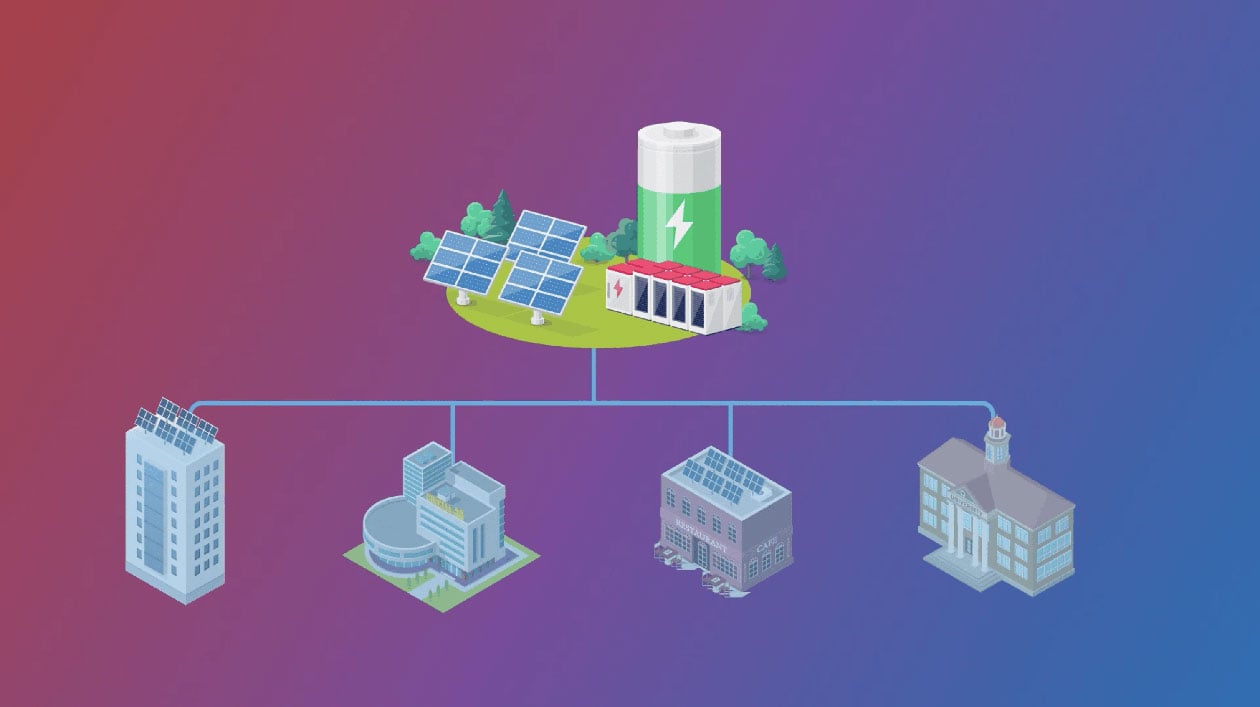During the winter month's of 2021, we experienced an unpresented series of events that caused what can only be described as a "market meltdown".
Just when you thought the market drivers pushing energy prices upwards couldn’t get any worse, along came an interconnector fire to knock out 1-2GW (potentially around 7%) of the UK’s energy supply.
Combine this latest incident with the Europe’s low gas storage reserves, fierce competition from Asia diverting liquified natural gas (LNG) deliveries, a fall in imported gas supplies into the Continent from Russia and lower-than expected wind and solar power output over the summer, and it's easy to see why winter 2021 prices have soared.
For example, while the average price for the October 2020 annual contract was £42.37/MWh, the current market price for an October 21 annual contract is £130.82/MWh. That’s an increase of £88.45!
Intra-day prices hit £2.5k a megawatt (MWh)
For any businesses with volume still to purchase for the winter season, this had a major impact on overheads. And for those consuming in the gigawatts (GW), the effect could even interrupt operations.
For example, as market prices cleared at a record price of £2,500/MWh for the hours of peak demand on Wednesday, Gareth Stace, Director General of trade group UK Steel, said the situation was forcing some steelmakers to suspend work.
So if you have open volume still left to purchase for winter 21/22, or are looking to renew a fixed-price contract, what action should you take?
Time to take action
Firstly, taking a passive approach and hoping things will get better is very risky. Prices may fall slightly. But they could rise too, especially if the weather gets colder.
Those with volume to buy are also likely watching the market like a hawk, looking to swoop when an opportunity arises. And increases in demand quickly push prices back up again, and possibly higher.
It's therefore important to talk to your Account Manager or Client Lead and get advice from market experts who can support you.
Shift your focus
Clearly, taking a strategic approach is now more important than ever.
For example, it may be that you can shift your focus to look at your energy requirements over a longer time span – a three or five year period rather than just one season ahead.
That way, you’re more likely to be able to absorb a short-term hit with a goal of getting better value further down the line. Especially where you can take a more proactive role around energy management (more on this below).
Consider managed options
There are also managed options for your supply contract where a Client Portfolio Manager will help you devise an appropriate risk management strategy and then purchase volume on your behalf within that strategy and your budget. So consider this too if you’ve got burnt by the current situation.
If you're on a fixed contact, engage with the renewal process ahead of time – and ideally before the most volatile times of year (winter being a good example).
You can usually negotiate a new contract a year or more before your current one expires, if the conditions look right. So don’t leave it to the last minute and limit your options.
Look at flexibility to mitigate costs
When it comes to energy consumption, remember the wholesale price accounts for less than half of your overall electricity bill. As much as 60% is made up of non-commodity charges for things like government green levies and transmission and distribution costs.
If you can be flexible around the times you consume, or are considering investing in on-site generation, now is an ideal time to investigate how taking a more proactive approach can help to mitigate rising costs. Your Account Manager or Client Lead can provide more information.
Other options include looking at Power Purchase Agreements, where you sleeve in renewable volume from a third-party generator, paying a fixed kilowatt (kW) price for the contract duration (which can be up to 25 years, depending on the technology). Again, talk to us if you’d like to explore this option.
Talk to us and get support
In fact, the bottom line is talk to us whatever your situation. The energy market is highly volatile, as recent events clearly demonstrate. Your current strategy may therefore no longer be the best one. We have plenty of knowledge and expertise to share with you and are here to help and offer support.
If you're not currently an nBS or E.ON customer, we can still help. Call Greg Evans on 07973 676 208 to find out how.





















